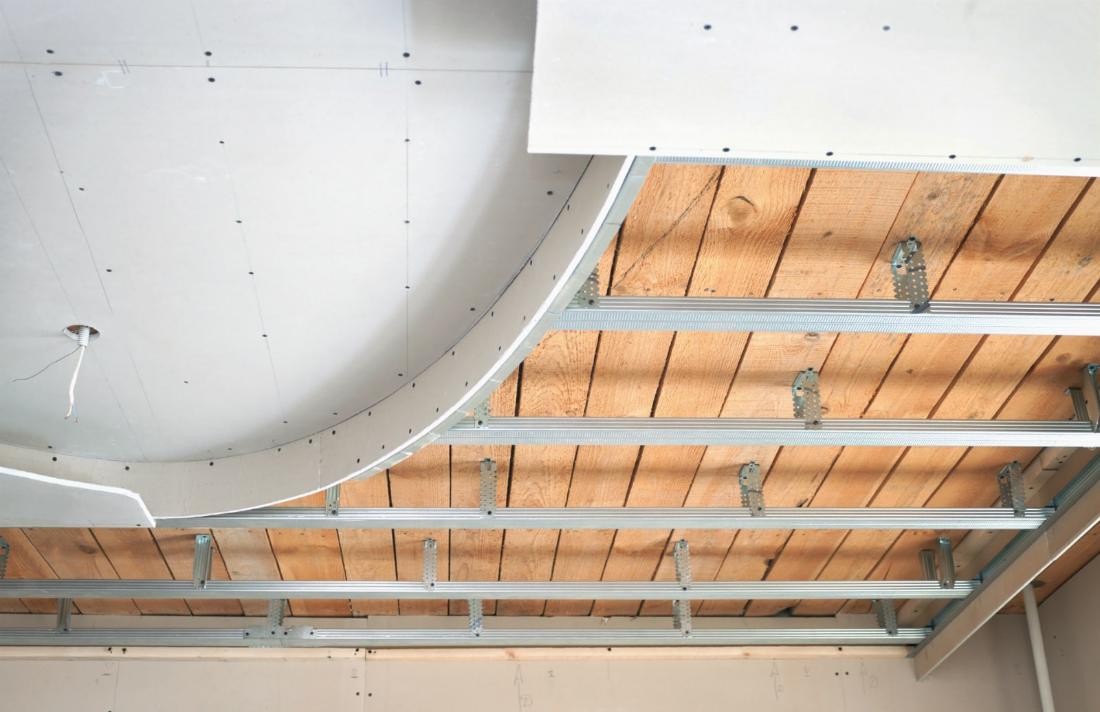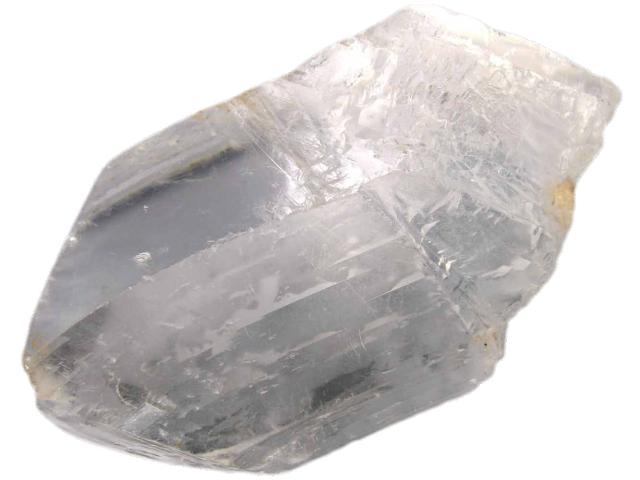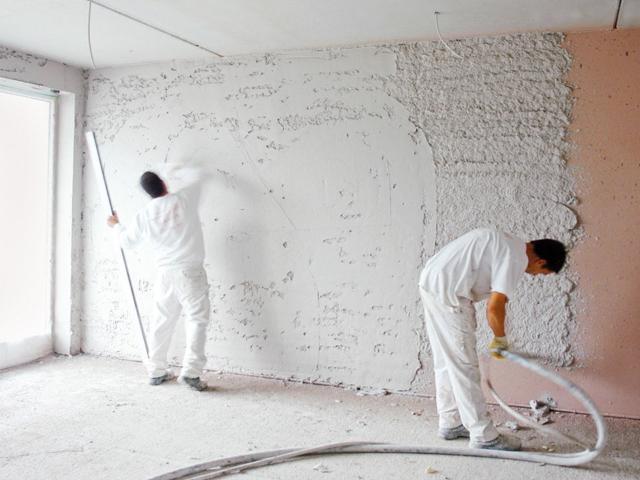Material
Gypsum
Nov 2 2022
Gypsum is an evaporite mineral that looks like white sand and usually found in massive beds that appear in pink, yellow or gray due to impurities. Although gypsum is usually the material that used to make drywall, the mineral itself actually contains a large amount of water which make the chemical composite is CaSO4 2H2O which similar to Anhydrite(CaSO4). The reason behind this is that the water in gypsum the is in crystalline form which ends up making individual molecules of gypsum to be dry. These crystalline water also provide the gypsum with a very good fire-resistance. When a gypsum product is getting hot, the crystalline water will destabilize and begin vaporizing as the water reaches its boiling point resulting in product cooling hence protecting product itself. The construction product that uses gypsum is usually excellent in sound insulation, heat insulation, and fire-resistance. The gypsum can also produce in a paste form to harden or solidified certain product or material. Gypsum usually uses in the manufacturing of wallboard(drywall, gypsum board), cement additive, plaster of Paris(pasty composition), hardening retarder in portland cement, etc.
Drywall is commonly known as gypsum board as this technical product name are widely used by manufacturers to specific a board with a gypsum core. Other names such as wallboard, sheetrock or plasterboard were also used as the convention naming. Drywall is a construction material that usually used to create ceilings and walls for building interiors. Other usages include arches, eaves, and other architectural specialties. The installation of drywall is quick and easy and the product itself is very durable and only simple repairs are required when damaged. Drywall could be found in most of the commercial building because they are used to wrap columns to hide steel beams. The method itself is an easy and inexpensive way to cover the masonry walls above ceilings. The drywall also contains a safety feature on containing the spread of fire because the gypsum of drywall is fire-resistance. Other than drywall, plaster also being used as an alternative for wall and ceiling finish. Plaster refer as a method combining dry powder and water to form a paste and applied to the surface to act as coating, molding and decorating. Plaster can come in various type like gypsum plaster, lime plaster, cement plaster which indicate that plaster can also be fire-resistant. Plaster generally use lesser space compare to drywall but sometimes the space used can be negligible as the benefit of space for a room are judge based on the functionality. However, installation of plaster walls required various coats to be applied and the curing time are time-consuming and skilled craftsmen are required. Plaster wall would take weeks to create but drywall could be finished in a couple of days which last longer, low maintenance, fast repair, fast built and cost less to build. Plaster wall can create complex detailing like art and also would not have any termite issues but this is usually not required for commercial building.
Gypsum powder is the main material that made drywall but it also got other usages too. Gypsum powder is sometimes referring as plaster of Paris due to abundant gypsum found near Paris. The powder can be very versatile and can be found in many fields like food, medicine, construction, plantation and many more. For food, it can help to coagulate or solidified the production of food like Tofu, for medicine, it can be as a support for broken bone, for plantation it can become fertilizer to loosen the hard subsoil and as for construction, it is widely used as gypsum plaster to coat interior wall and ceilings. A properly done gypsum plaster would usually provide a smooth white finish, which is free of scars and cracks. This is highly required when it comes to indoor finishing or decorating. Comparing with sand cement plaster, the gypsum plaster required lesser time before start painting, more eco-friendly by using lesser water and sand, fire-resistant in nature, no shrinkage cracks after dry, environmentally friendly due to its recyclable, better in soundproofing and also better looking and design even without painting. Gypsum plaster also can add into cement as a mixture to become gypsum concrete.
Gypsum product usually has the following advantages:
1) fire-resistant
2) sound insulation
3) light weighs
Contact us today for your gypsum board supplier, drywall supplier or any gypsum product supplier in Malaysia.
1) fire-resistant
2) sound insulation
3) light weighs
Contact us today for your gypsum board supplier, drywall supplier or any gypsum product supplier in Malaysia.


